T4K3.news
UK faces rising fiscal deficit with urgent need for council tax reform
National Institute of Economic and Social Research warns of over £40 billion deficit, pressing the government for tax changes.
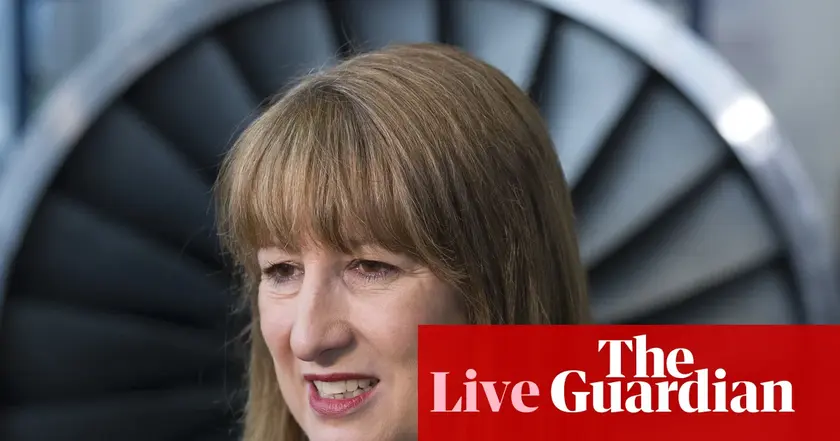
The National Institute of Economic and Social Research highlights critical gaps in UK public finances.
Reform of council tax faces scrutiny as UK fiscal challenges mount
The National Institute of Economic and Social Research has revealed that the UK government is projected to face a fiscal deficit exceeding £40 billion. As the autumn budget approaches, the pressure is on Chancellor Rachel Reeves to address this looming financial gap. During the general election, Labour maintained that it would not reform council tax, despite criticism that the system is outdated and unfair, having not been revalued since 1991. Currently, experts suggest that replacing council tax with a land value tax could provide a more equitable solution and generate significant revenue. The urgency of the situation is underscored by the need for fiscal discipline while also protecting vital public services and investment for the most vulnerable citizens. The government's dilemma intensifies as it must navigate conflicting priorities and a tightening budget.
Key Takeaways
"Our view is that it will be crucial for the chancellor to restore market confidence by demonstrating fiscal discipline."
Prof Stephen Millard emphasizes the need for fiscal discipline amidst budget challenges.
"The council tax system is a mess, really. Houses have not been revalued since 1991."
This highlights the outdated nature of the current council tax structure.
"Simply put, the chancellor cannot simultaneously meet her fiscal rules, fulfil spending commitments, and uphold manifesto promises."
The impossible trilemma illustrates the chancellor's precarious situation.
The discussion around reforming council tax raises not only economic concerns but also moral ones. With the poorest households facing an increasing strain in their living standards, there is a compelling argument for reform. The outdated nature of council tax highlights a systemic issue that cannot be ignored. A shift to a land value tax could address fairness in taxation, reflecting the actual value of properties and reducing economic inequality. However, the political ramifications of such a change could be significant, particularly as the government balances reform with commitments made to the electorate. This economic strife presents a chance for transformative change in how the UK approaches taxation.
Highlights
- An outdated tax system strains the most vulnerable households.
- A land value tax could generate equitable revenue for all.
- Pressure mounts as fiscal deficits challenge government commitments.
- Navigating fiscal challenges will require bold reform.
Concern over financial stability and public backlash
The UK government faces significant challenges in addressing a fiscal deficit while navigating public expectations for budget discipline and social service protection. The potential for reforming council tax introduces political sensitivities amid concerns over living standards.
As fiscal pressures mount, the feasibility of substantial tax reform may soon become an undeniable reality.
Enjoyed this? Let your friends know!
Related News
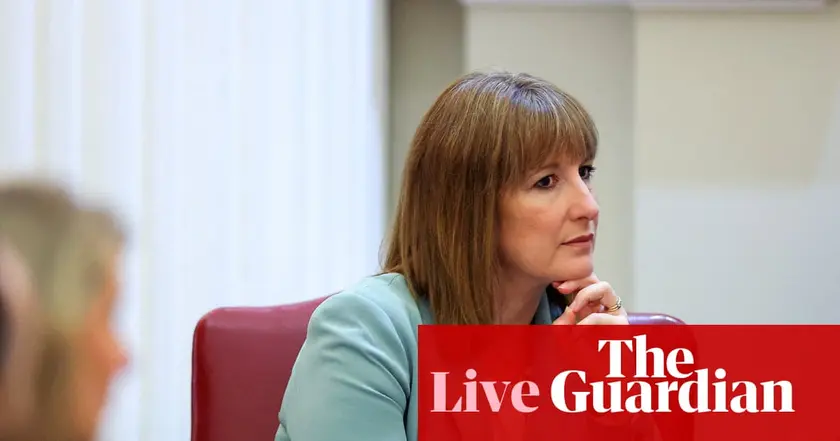
UK borrowing exceeds £20bn in June

Rachel Reeves may face tax increases to address budget gap

Gordon Brown calls for increased gambling taxes
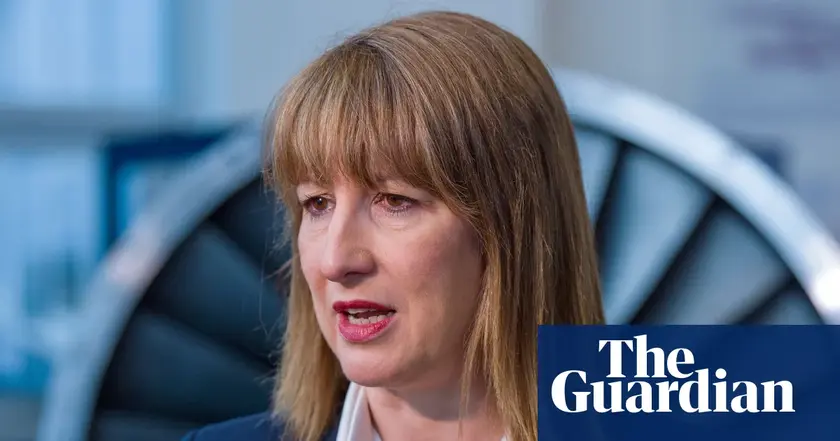
IMF advises UK to reconsider pension and NHS treatment policies
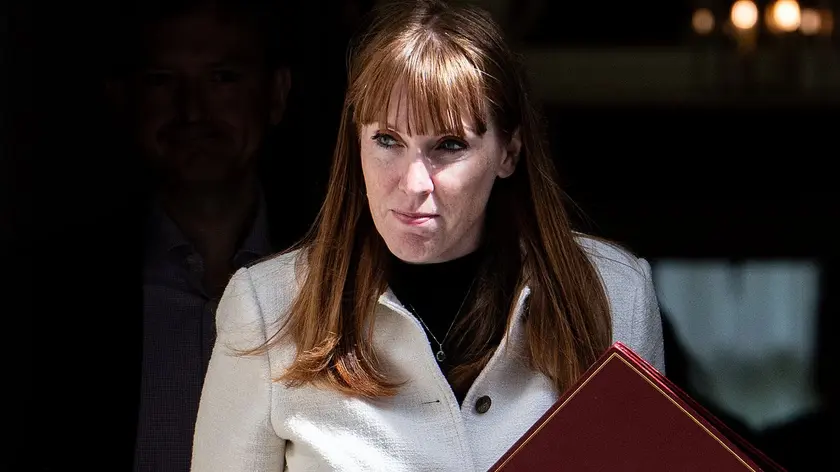
Council tax changes raise concern

Ray Dalio warns UK may be trapped in debt cycle

Bristol high streets under pressure
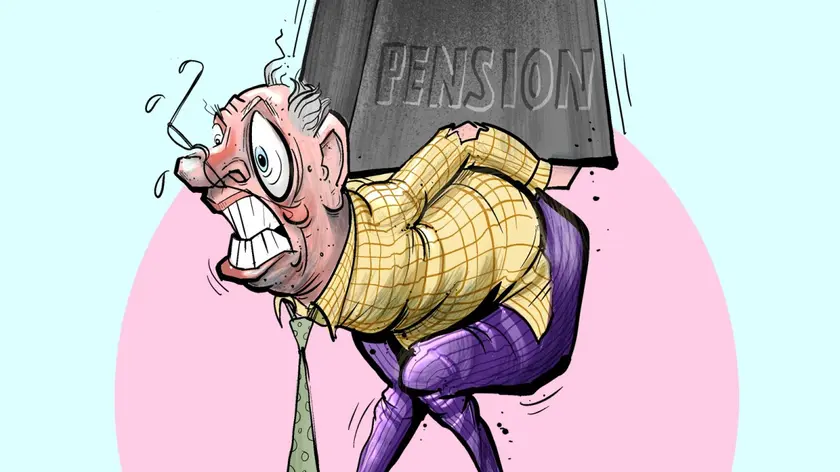
Chancellor plans major pension reforms
